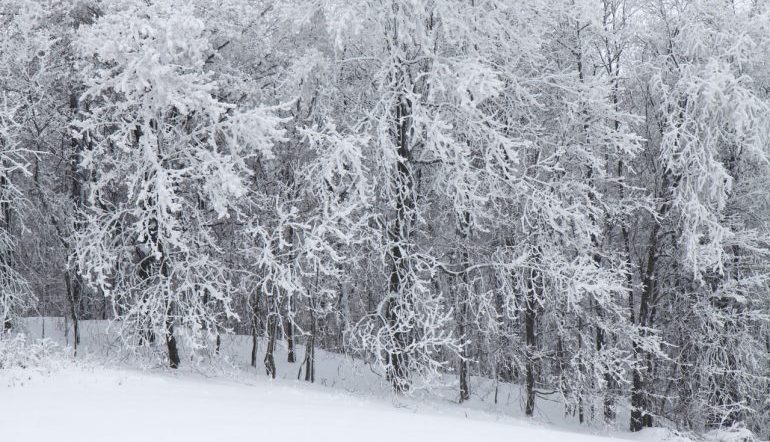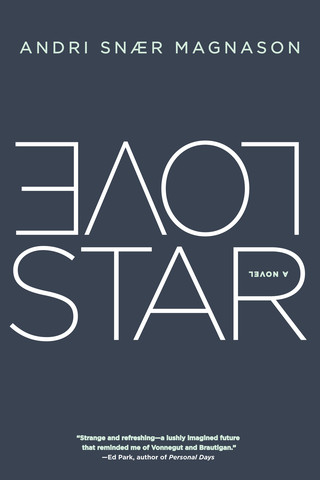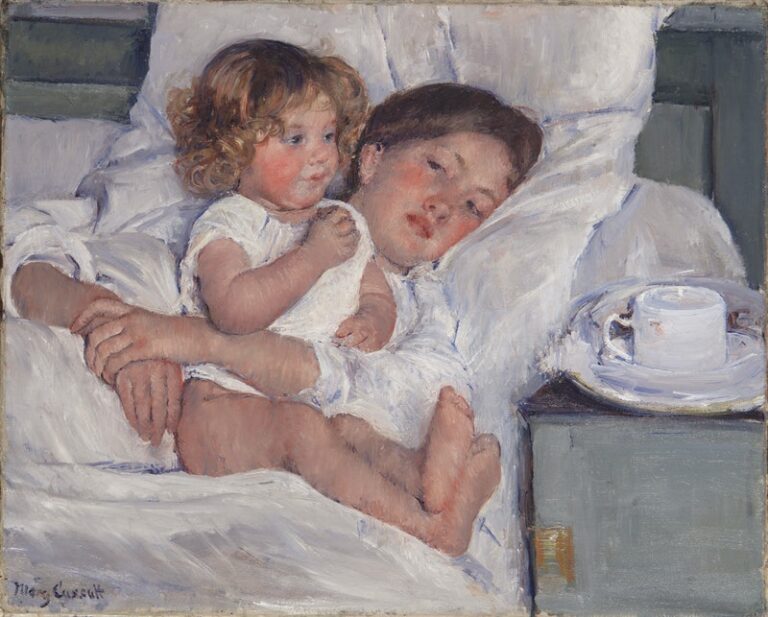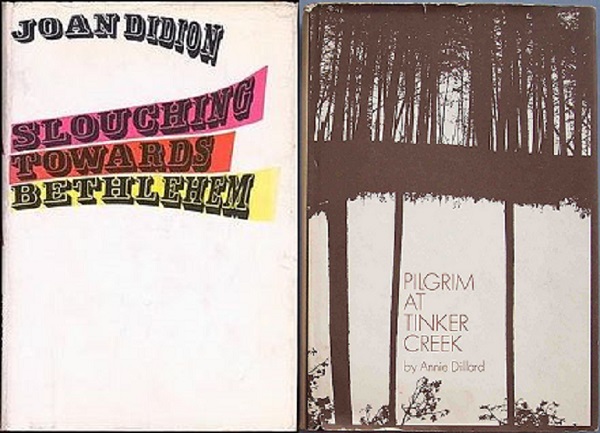An Editing Strategy in Winter

The best way to write is hoeing corn or chopping wood or milking cows or walking the roads. The boots I’ve worn out writing books! – Elliott Merrick
Guest post by Megan Mayhew Bergman
The last light falls across my backyard. The ground is covered in a foot and a half of snow, soft from the afternoon sun. My way of making peace with the Vermont winter is to confront it. I follow one of the trails my husband and I have made past the goat pasture and brush pile. The two girl dogs, Pippa and Betsy, step on the back of my snowshoes, eager to pass me but determined to stay on the path. I move off the trail and they race forward, only stopping to explore the occasional deer or rabbit tracks.
The snow has silenced everything except for the roar of light traffic nearby and a snowmobile in the distant woods. My steps make a pleasant rhythm. I find myself working out a plot, then the cadence of a story’s last line. Do better, I think. Reshape. Restate. Re-imagine.
Being outside is part of my editing process; there is something iterative about each stride I take in the snow.
I have Elliott Merrick to thank for that.
A few years ago, when I was still deciding if I could handle moving to Vermont with my husband, a friend gave us Elliot Merrick’s book, Green Mountain Farm. We fell in love.
Merrick’s passion for the Vermont way of life is contagious. He writes humbly, introducing his years of homesteading on a farm in the Green Mountain State in the 1930s in a winning manner:
About all we had to begin on was an idea. And we did just about everything wrong…but it just happens that we like it and are happy on it, largely because it has some wildness to it. We did everything wrong, but it turned out alright.
How many folks were as rich as we, with an estate where they could swim naked in the clear northern water…? What were leaky roofs and cold hands and gray days and rock as compared with such riches of freedom…?
Merrick’s prose is simple and beautiful, at times curmudgeonly but almost always engaging. He delivers the Vermonter’s reverence for spring perfectly:
Spring again…The warm sun, the sweetness in the air, the leaves and blossoms coming out–they mean more to us because of the long winter…Spring, that old story. I hope I’ll never be reasonable enough to resist it, hope I’ll always yield to its never-failing, never-realized promise, the grand old fraud.
There’s something about the way Merrick writes–and maybe you’ve had this experience–that makes me feel that we would’ve had a great understanding. For one, he knew both Vermont and my homeland the Carolinas, having taken to sailing the Southern coast in his retirement years in a boat he built himself. He writes of the Vermont winter in such context:
The gray wild snow came swirling down, piling up in the wind, whistling dismally at a time of year when spring ought to be coming, at a time of year when roses are budding in the Carolinas, when everybody in Vermont has such a bellyful of winter that hardly anybody speaks to anybody else…
Merrick also devotes a chapter in Green Mountain Farm to writing, detailing how he sustains his art while raising children and managing a homestead in Vermont:
I get my best ideas for writing when I’m farming, and my best farm ideas when writing. Milking cows is very fine for ironing out plot difficulties. There is something soothing and stimulating to the mental processes in that rhythmic tug and squeeze…
There was a time in my life where I thought solitude was the only method for writing well. Perhaps it is, but I have to hope otherwise, because my reality involves children, four dogs, four cats, two goats, a horse, and gardens and apple trees to tend. Barn chores to finish. Papers to grade. Submissions to read. Dinners to cook.
In Vermont my life has been beautiful, but busy and outside my comfort zone–and the writing has never been better. It is squeezed into tiny windows, but is informed by my increasingly physical life. Before children and Vermont, I inhabited a chair in front of a laptop twelve hours a day. I’m grateful for the change; it’s given me a dose of something real, a tangible life.
Merrick’s books remind me of the returns of hard work. His bare-knuckled, old school approach to writing and life inspires me. Work harder. Scrap. Find time.
* * *
A Southerner to my bones, the Vermont winter gets me down as it drags on, sublime as it is. And yes, I know it’s only January. I try not to wish away the days until spring. My mother tells me about temperatures in the sixties and seventies back home. I inch closer to the woodstove, thankful that if nothing else, a Vermont winter makes for great reading weather.
But I head outside every day. I run in the snow, or tramp around my backyard or the local lake in snow shoes. My fingers freeze when I bring in the wood. I’m tired of wiping off my boots when I come inside, or slinging a towel across four sets of dog paws after the pack returns to the kitchen.
But my writing, I know, is better from the daily rhythm and work. And when I’m smart enough to stop complaining about the cold, I realize what a beautiful place I inhabit, what beautiful people I share it with.
To bring it back to my first Ploughshares essay on Donald Hall and Jane Kenyon – a line from Kenyon’s “The Clothes Pin”:
How much better it is
to carry wood to the fire
than to moan about your life.
Here’s to learning through doing, insight in exhaustion. Here’s to making peace with winter, and wishing you lots of productivity, good writing, and satisfying reading in the New Year.
And should you be a fan of Vermont or the faming life, pick up a copy of Merrick’s Green Mountain Farm. He could use the attention, and you won’t be disappointed.
Warmly (emphasis on the warm),
Megan
This is Megan’s fourteenth and final post for Get Behind the Plough.
First image by Bo Bergman.


